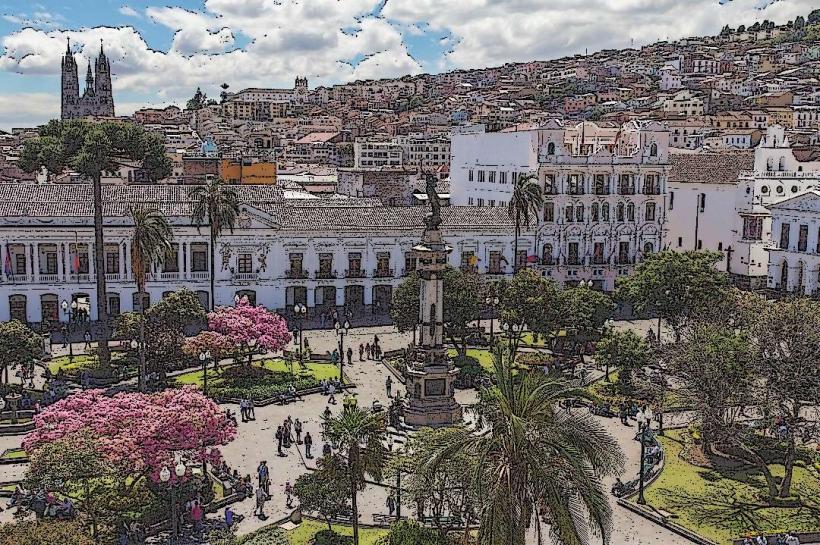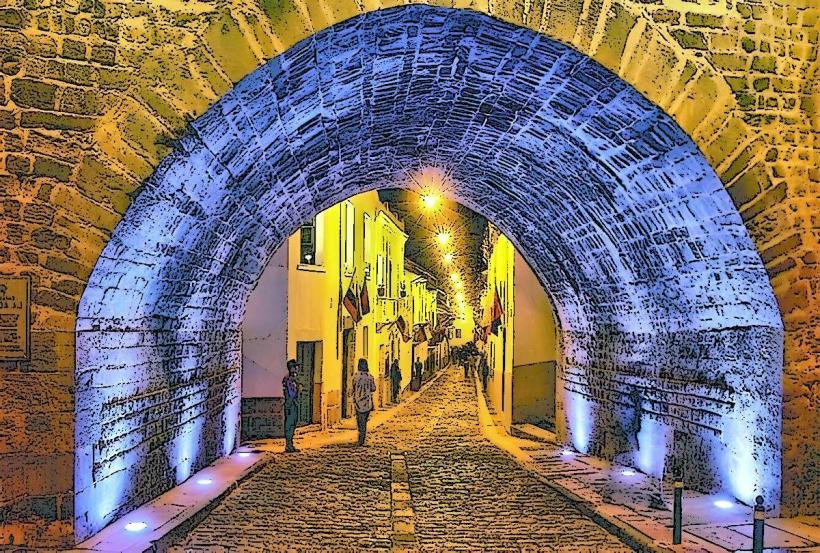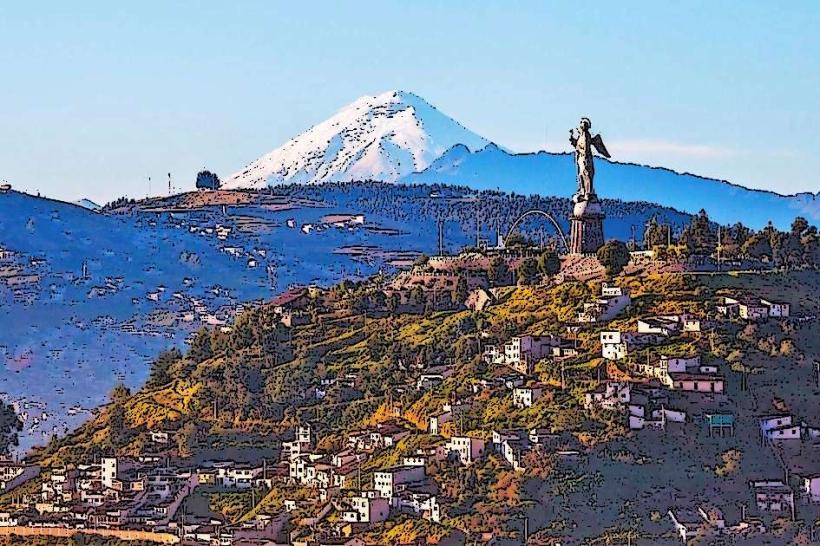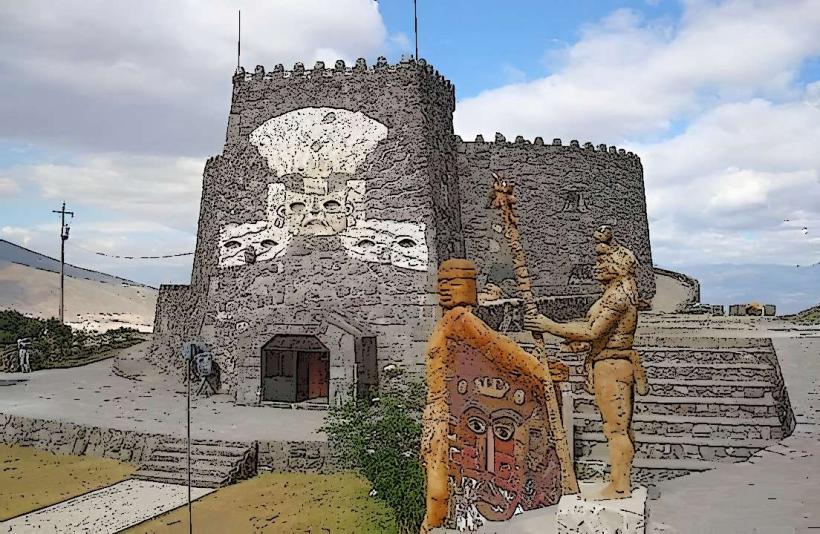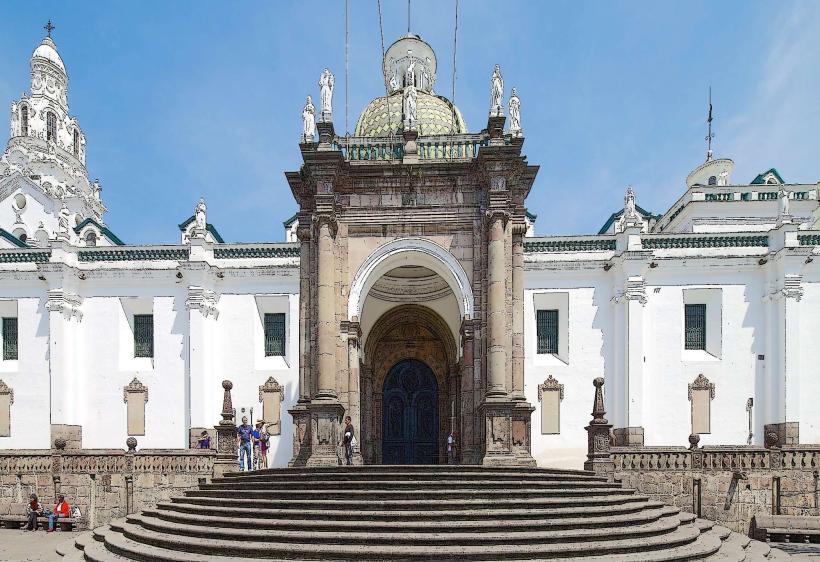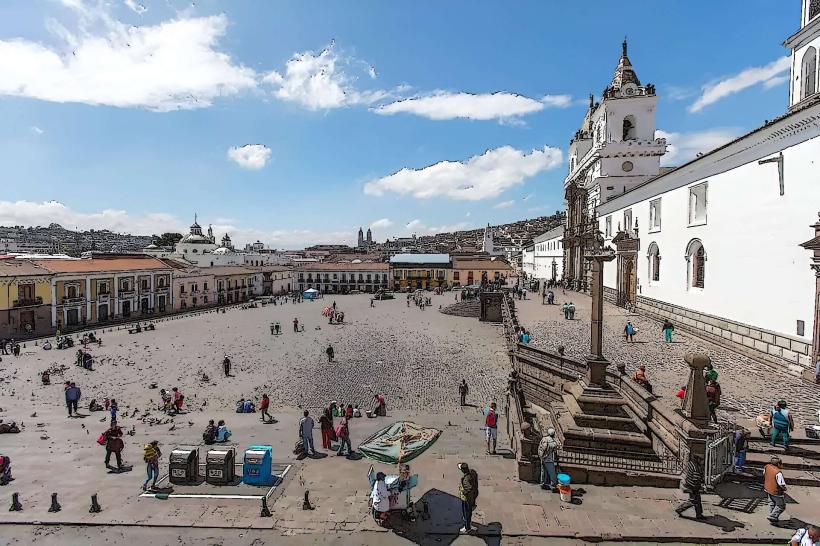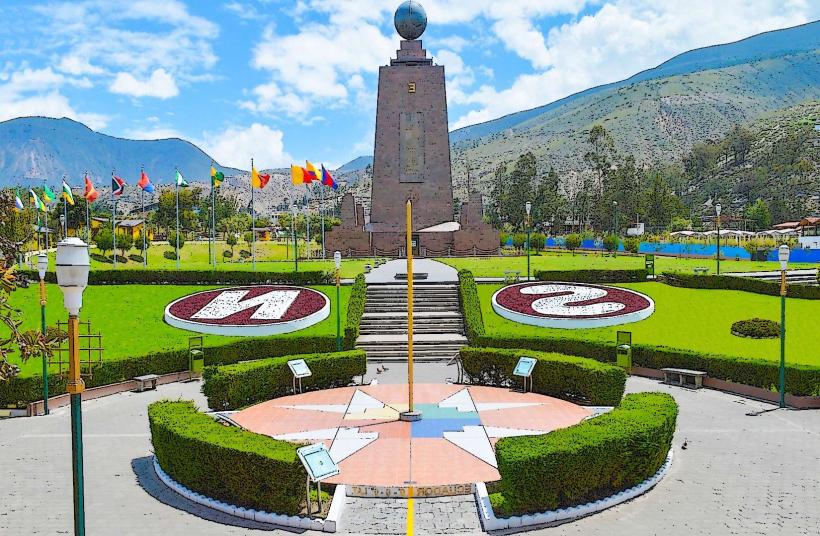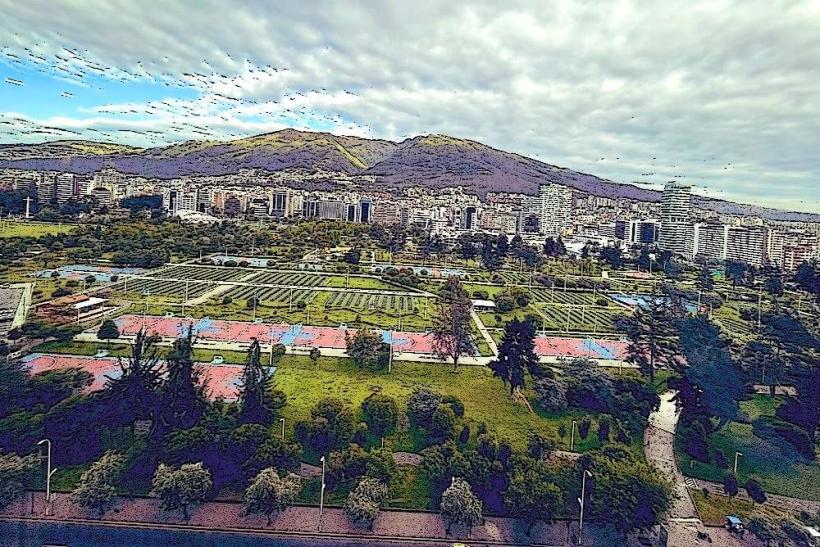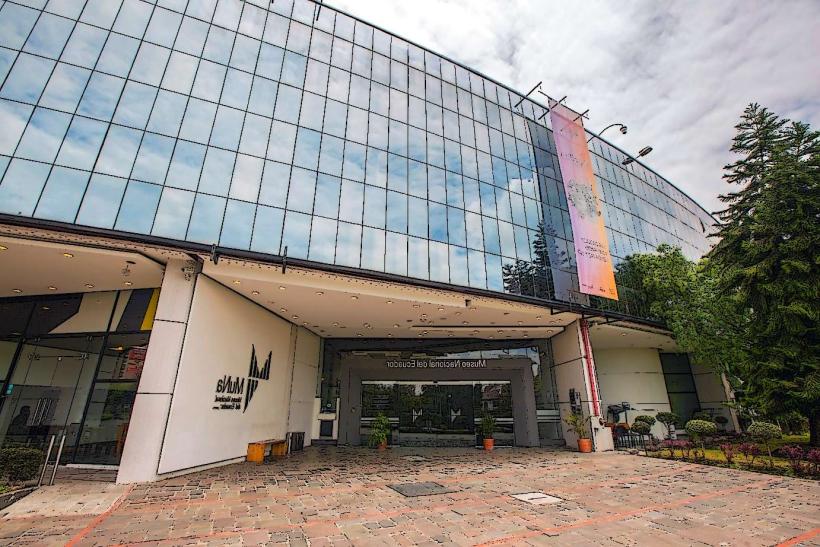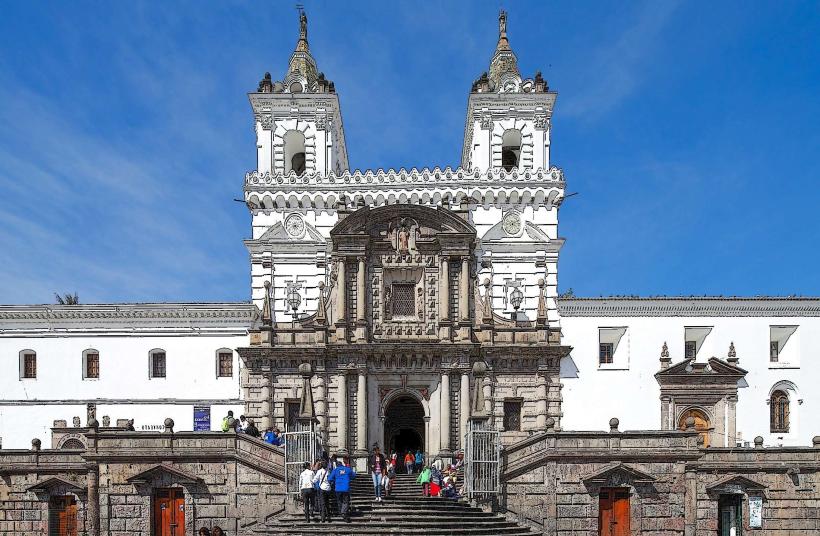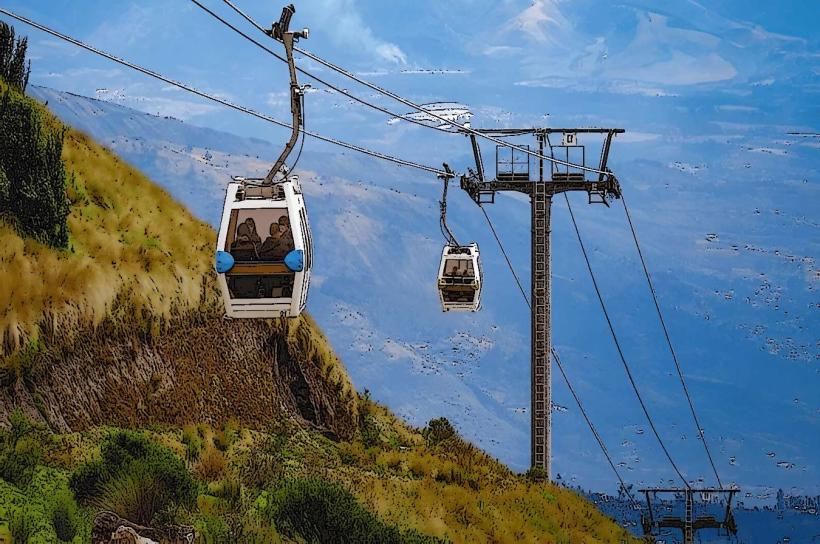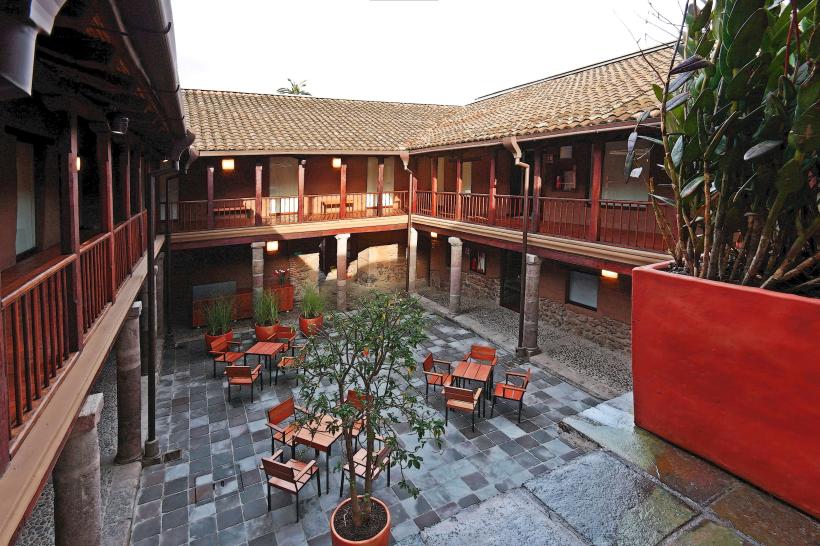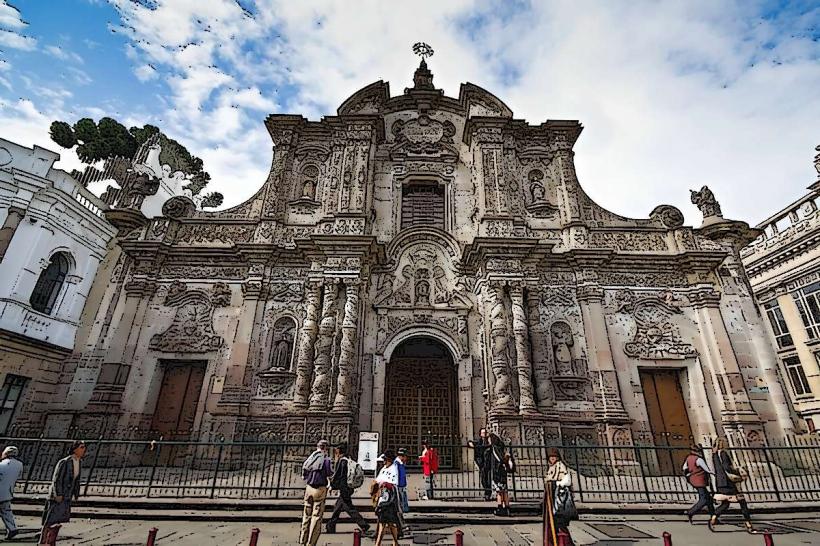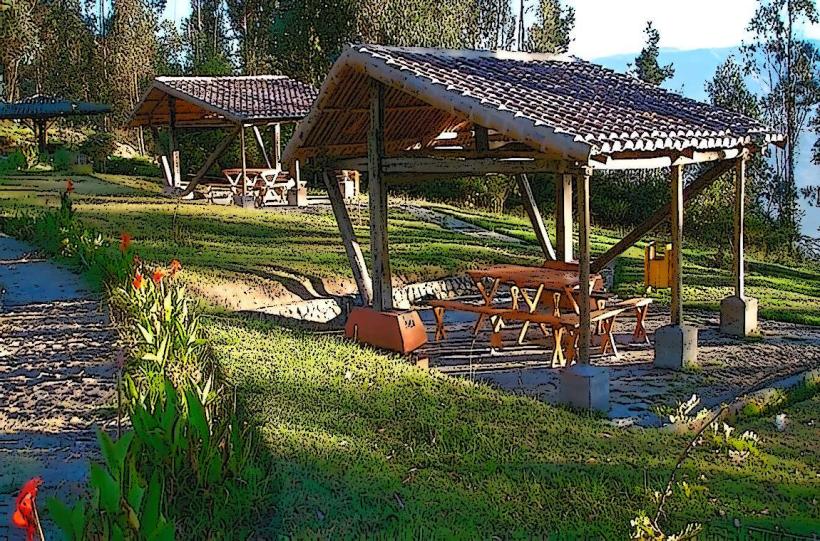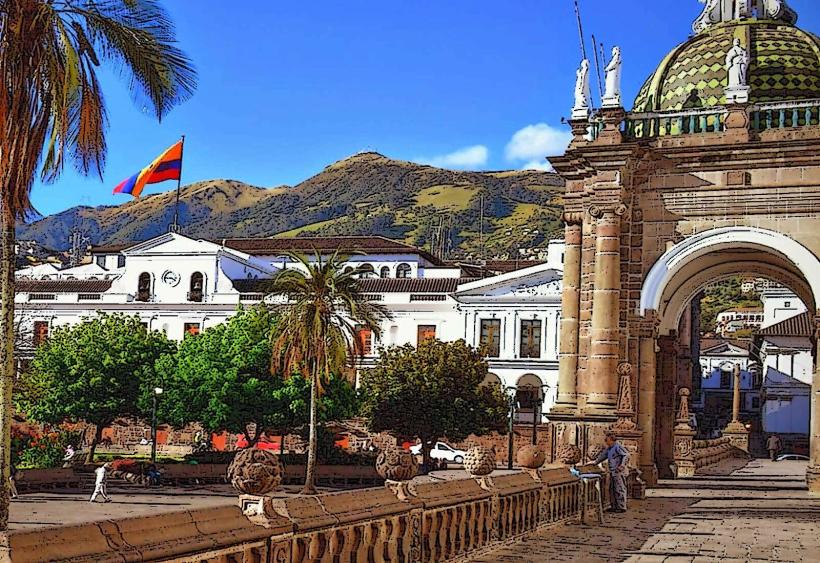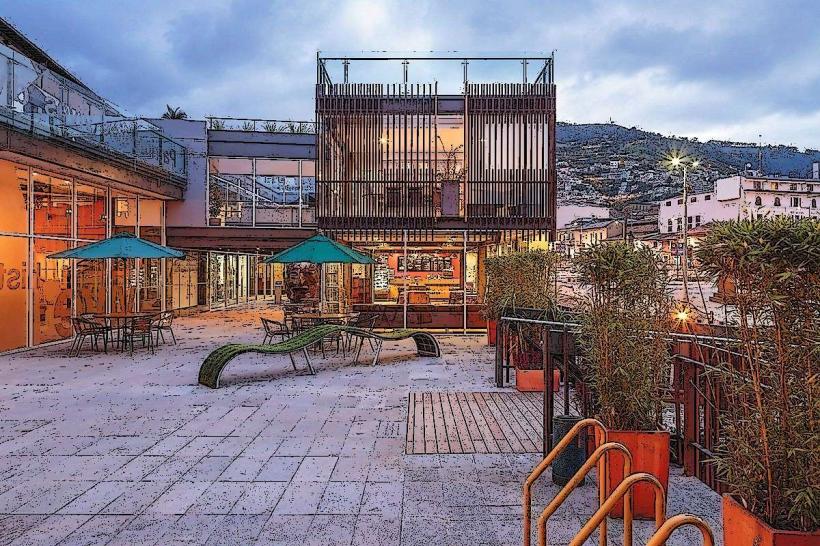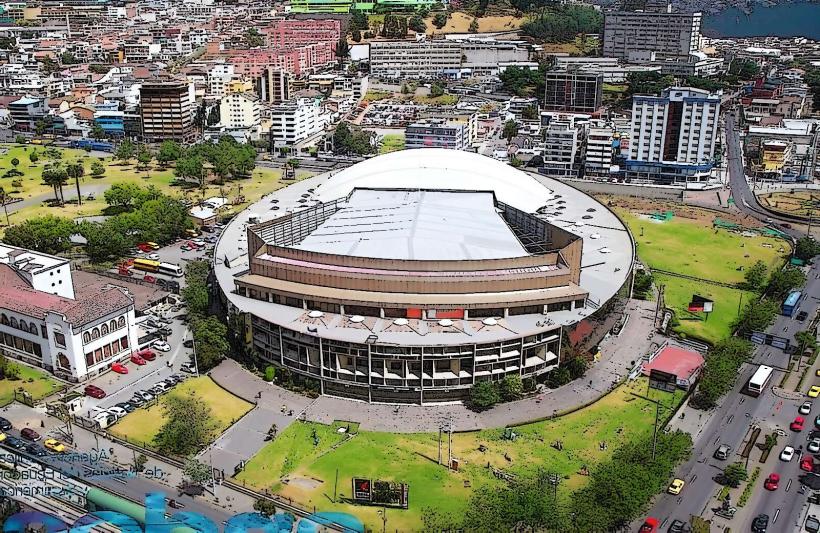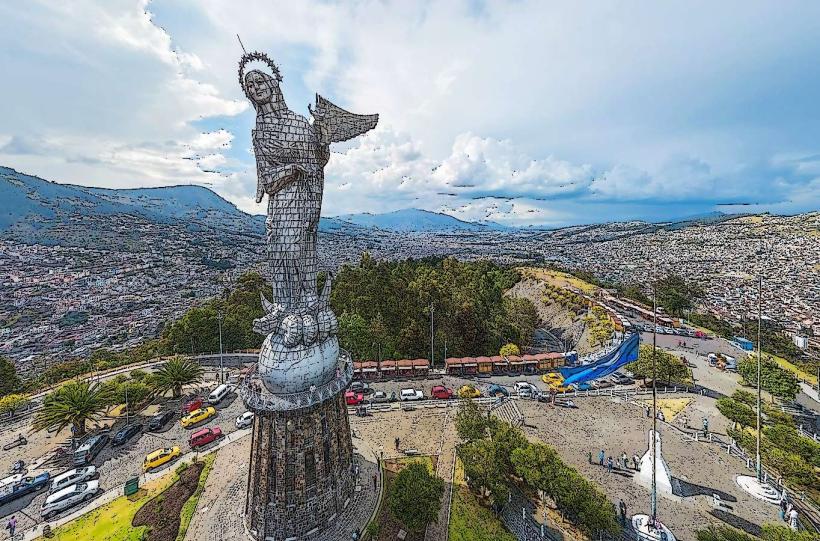Information
Landmark: Basílica del Voto NacionalCity: Quito
Country: Ecuador
Continent: South America
Basílica del Voto Nacional, Quito, Ecuador, South America
The Basílica del Voto Nacional is a Roman Catholic minor basilica located in the historic center of Quito, Ecuador. It is one of the most significant religious structures in the city.
Visual Characteristics
Constructed primarily from white and grey stone, the basilica features a Neo-Gothic architectural style. Its prominent twin towers reach a height of 115 meters. The exterior is adorned with gargoyles, many of which depict Ecuadorian fauna rather than traditional mythical creatures. The interior is characterized by stained-glass windows and intricate stone carvings.
Location & Access Logistics
The basilica is situated at the intersection of Calles Venezuela and Rocafuerte in the San Blas neighborhood of Quito. It is approximately 1.5 kilometers north of Plaza Grande, the main square. Access is via public bus routes that serve the historic center, with several stops within a 5-minute walk. Limited street parking is available in the surrounding area, but is often congested.
Historical & Ecological Origin
Construction of the Basílica del Voto Nacional began in 1884, initiated by Father Julio María Matovelle. The original purpose was to consecrate Ecuador to the Sacred Heart of Jesus. The basilica remains unfinished, with certain decorative elements and interior work still ongoing after more than a century.
Key Highlights & Activities
Visitors can ascend to the top of the towers for panoramic views of Quito. Guided tours of the basilica's interior are available, detailing its architectural features and religious significance. Observation decks within the towers offer opportunities to view the gargoyles up close.
Infrastructure & Amenities
Restrooms are available on the ground floor. Limited shaded areas are present within the basilica's interior. Cell phone signal (4G/5G) is generally available in the vicinity. No food vendors are located directly on-site, but numerous establishments are present in the surrounding historic center.
Best Time to Visit
For optimal interior lighting and photography, the late morning (10:00 AM - 12:00 PM) or mid-afternoon (2:00 PM - 4:00 PM) is recommended, when sunlight filters through the stained-glass windows. The dry season, from June to September, offers the most consistent clear weather for exterior viewing and tower ascents.
Facts & Legends
A local legend states that if the basilica is ever completed, the world will end. This belief contributes to the ongoing, deliberate incompletion of certain aspects of the structure.
Nearby Landmarks
- 0.5km South: Plaza de la Independencia (Plaza Grande)
- 0.7km Southwest: Metropolitan Cathedral of Quito
- 1.2km West: Iglesia de la Compañía de Jesús
- 1.8km Northwest: El Panecillo

